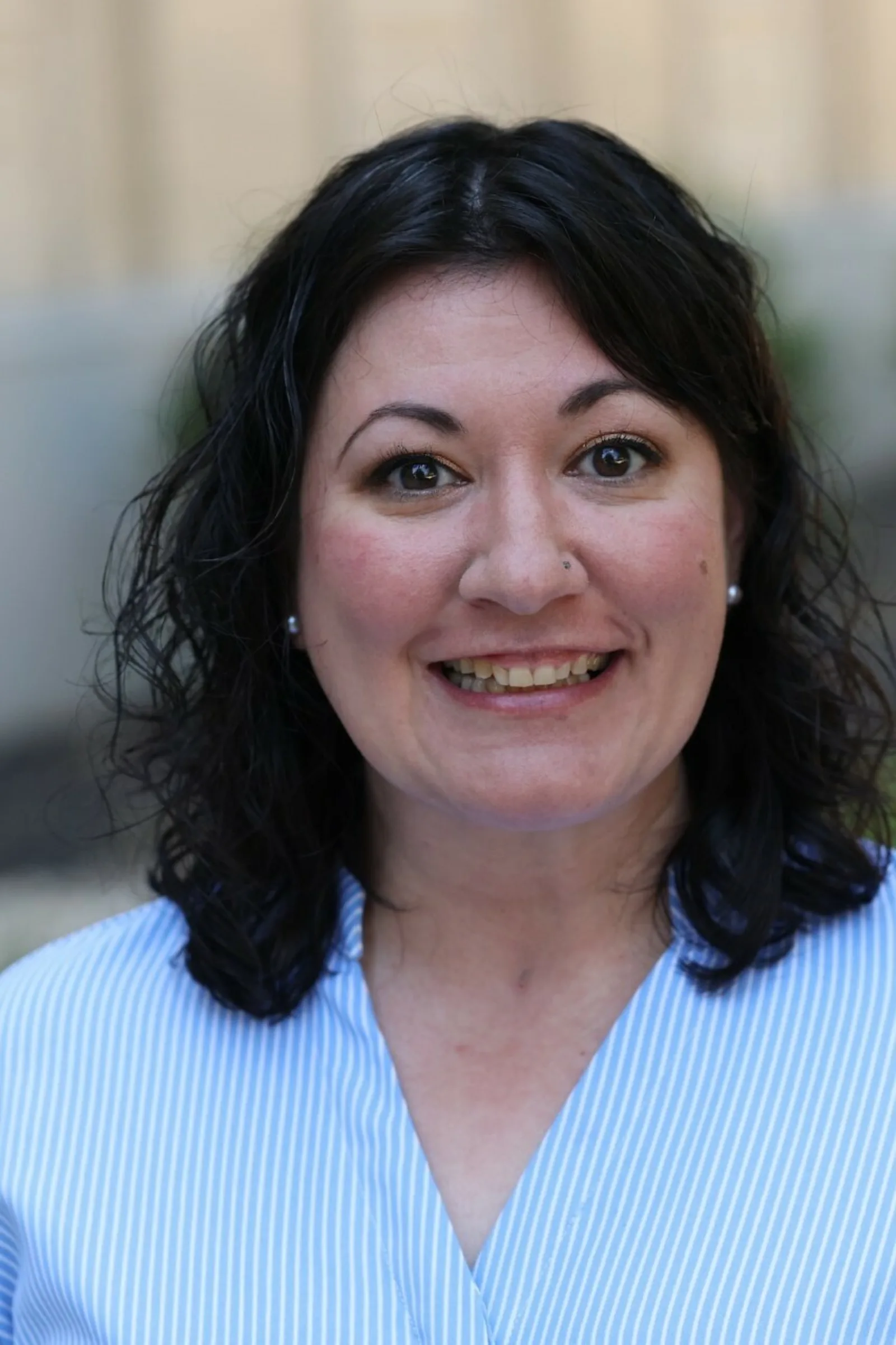Becoming Documented: Creating a National Immigration Legal Network, 1986-1996
Maggie Elmore, Associate Professor of History, Baylor University
In 1986, President Ronald Reagan signed into law the most comprehensive immigration reform policy in more than 50 years. A cornerstone of the policy, was the Amnesty Program, which promised a pathway to documented status for millions of undocumented people. To carry out this program, the U.S. federal government partnered with voluntary groups, many of which were faith based organizations. This paper analyzes previously unused archival sources to show the inner workings of amnesty programs for undocumented migrants during the 1980s and 1990s. It offers a close reading of amnesty files to show the diverse experiences of migrants as they sought to adjust their immigration status. Please let me know if this headshot will do.
Commentator: Ivón Padilla-Rodríguez, University of Illinois Chicago
Register
This event is free, but all participants must register in advance. Space is limited, so please do not request a paper unless you plan to attend.
Register and Request PaperAbout the Religion and Culture in the Americas Seminar Series
The Religion and Culture in the Americas Seminar explores topics in religion and culture including social history, biography, cultural studies, visual and material culture, urban studies, and the history of ideas. We are interested in how religious belief has affected society, rather than creedal or theological focused studies. The Religion and Culture in the Americas Seminar is co-sponsored by the Cushwa Center for the Study of American Catholicism at the University of Notre Dame, the McGreal Center at Dominican University, the History Department at Loyola University, the University of Chicago Divinity School, University of Illinois at Chicago, and Wheaton College.
